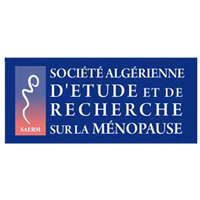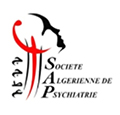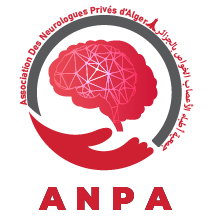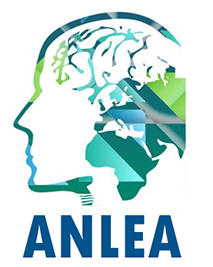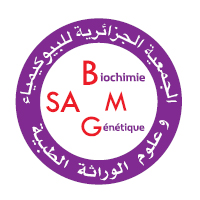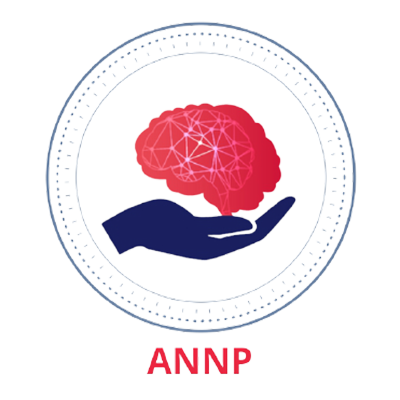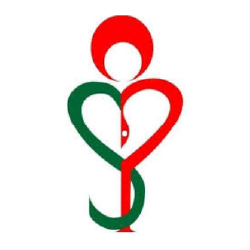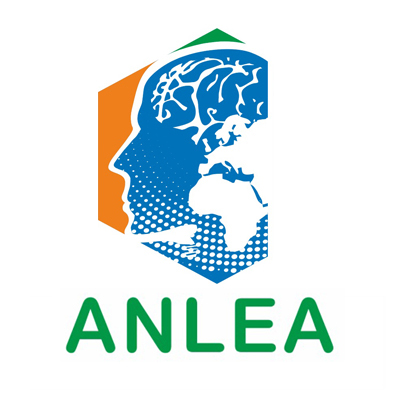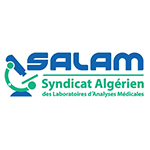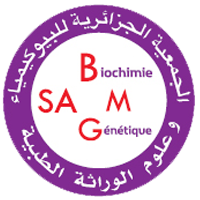Management of endometriosis related infertility
D'après la conférence du de : P Santulli, L Marcellin, C Maignien, M Bourdon, B Borghese, C Chapron.
Endometriosis is a public health issue that bears an important social burden. Endometriosis, histologically defined as functional endometrial glands and stroma developing outside of the uterine cavity is a common gynecologic disorder. Pathogenesis of endometriosis is enigmatic and remains controversial. Approximately 5–10% of reproductive-age women are affected by endometriosis, and at least one third of these are infertile. Symptoms vary widely, including dysmenorrhea, non-cyclic chronic pelvic pain, dyspareunia, and infertility, with a considerable negative impact on quality of life.
The management of endometriosis related infertility requires a global approach. In this context pre-operative imaging work-up is essential. Endometriosis nodules multifocality justifies a complete abdomino-pelvic work-up. The choice between medical treatment, surgery and ART depends of numerous parameters: age, associated endometrioma and/or adenomyosis, intensity of painful symptoms, ovarian reserve, infertility with or without associated infertility factors, previous history of surgery for endometriosis, number and location of deep nodules … Surgery is efficient, not only for managing pelvic pain and treatment of endometriosis-related infertility, but also for improving quality of life. Nevertheless, the benefits of surgery should not obscure the fact that interventions can be associated with adverse outcomes.
In the context of infertility, the prescription of an anti-gonadotropic hormonal treatment does not increase the rate of non ART (assisted reproductive technologies) pregnancies and it is not recommended. In case of endometriosis related infertility, the results of IVF management in terms of pregnancy and birth rates are not negatively affected by the existence of endometriosis. Controlled ovarian stimulation during IVF does not increase the risk of endometriosis associated symptoms worsening, nor accelerate the intrinsic progression of endometriosis and does not increase the rate of recurrence. However, in the context of IVF management for women with endometriosis, pre-treatment with GnRH agonist or with oestrogen/progestin contraception improve IVF outcomes. There is currently no evidence of a positive or negative effect of endometriosis surgery on IVF outcomes. Information on the possibilities of preserving fertility should be considered, especially before surgery.
The management of endometriosis related infertility medley mandates a global approach to optimise every option. Indeed, only such a strategy can oppose a situation that still too often prevails, when the main reason for choice of surgery or ART stems from the primary activity of the doctor who is first consulted.
symposium bessins : progestérone naturelle
PROGESTÉRONE NATURELLE : L’INDISPENSABLE ALLIÉ DE LA GROSSESSE . SOUTIEN DE LA PHASE LUTÉALE ; DE LA STIMULATION DE L’OVULATION HORS FIV AUX CYCLES AMP
pr. pietro santulli
Chef de l’unité d’AMP à l’hôpital Cochin Port- Royal à Paris
L’ icsi est-elle optimiser dans nos laboratoire?

Société Algérienne de Médecine de la Reproduction
sheraton , club des pins staoueli , 2018-11-15 jusqu'a 2018-11-17
Santedz 2026 ©







